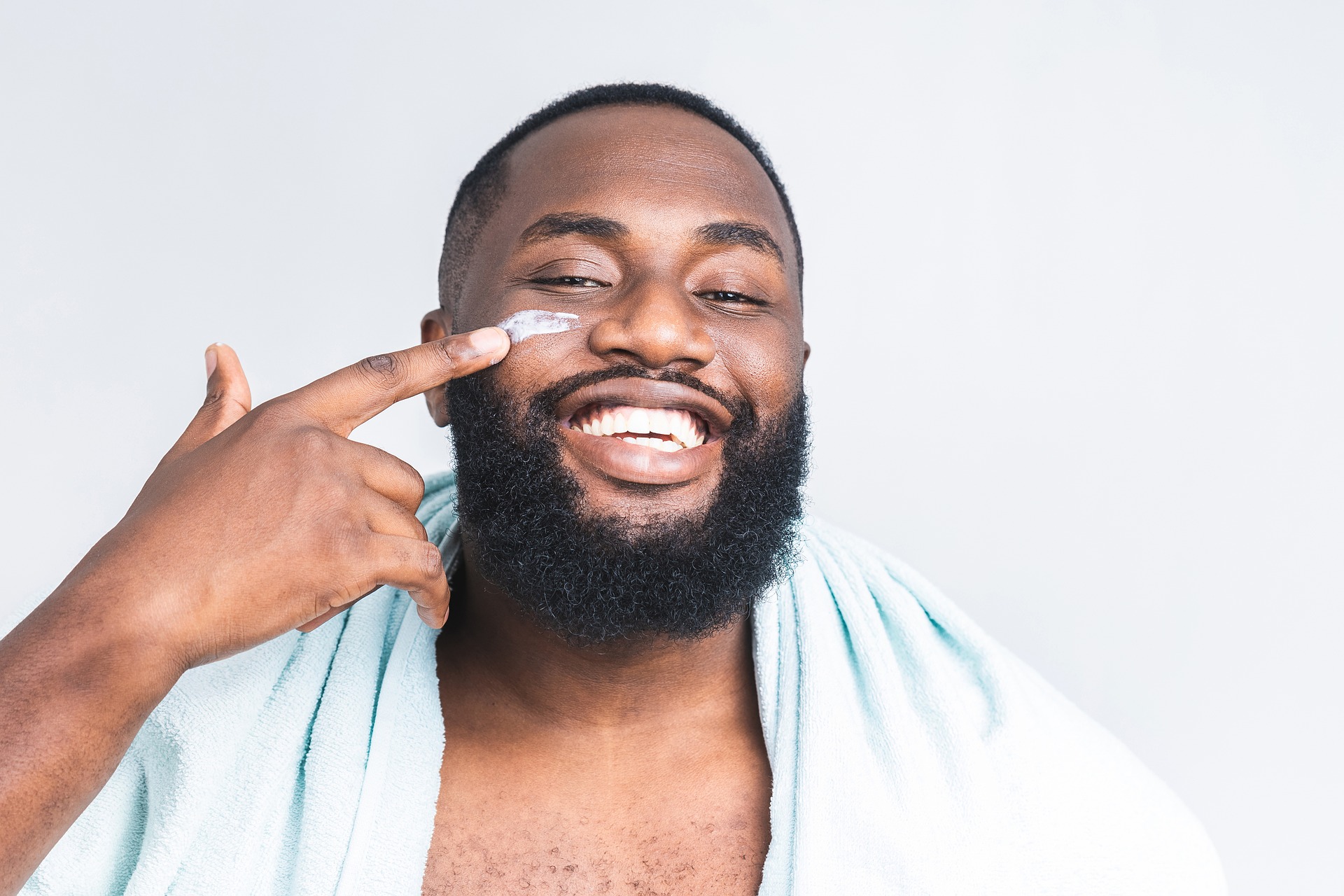Ways to Naturally Boost Collagen for Healthier Skin
As we age, our skin's natural collagen production begins to decline, leading to fine lines, wrinkles, and a loss of elasticity. However, there are several ways to naturally boost collagen production and maintain healthier, more youthful-looking skin. In this article, we'll explore various methods to enhance collagen levels, from dietary changes to skincare practices and lifestyle adjustments.
What foods can help support collagen production?
A nutrient-rich diet plays a crucial role in maintaining healthy skin and boosting collagen production. Incorporating certain foods into your daily meals can provide the necessary building blocks for collagen synthesis. Some collagen-boosting foods include:
- Bone broth: Rich in amino acids and minerals that support collagen production
- Citrus fruits: High in vitamin C, essential for collagen synthesis
- Berries: Packed with antioxidants that protect existing collagen
- Leafy greens: Contain chlorophyll, which may increase procollagen production
- Fish: Provides omega-3 fatty acids and zinc, both important for skin health
By regularly consuming these foods, you can help support your body’s natural collagen production and promote healthier skin from the inside out.
What are the best skincare practices for firm skin?
Implementing a consistent skincare routine is essential for maintaining firm, healthy skin. Here are some effective practices to incorporate:
- Cleanse gently: Use a mild cleanser to remove impurities without stripping the skin
- Exfoliate regularly: Remove dead skin cells to promote cell turnover and collagen production
- Apply vitamin C serum: This powerful antioxidant stimulates collagen synthesis
- Use retinoids: These vitamin A derivatives can boost collagen production and reduce fine lines
- Moisturize daily: Keep skin hydrated to maintain its elasticity and firmness
- Protect from sun damage: Always use broad-spectrum sunscreen to prevent collagen breakdown
Consistency is key when it comes to skincare, so aim to follow these practices daily for the best results.
How does hydration affect skin elasticity?
Proper hydration is crucial for maintaining skin elasticity and supporting collagen production. When the skin is well-hydrated, it appears plumper, firmer, and more resilient. Here’s how hydration affects skin elasticity:
- Moisture retention: Hydrated skin cells are better able to retain water, leading to a fuller appearance
- Improved circulation: Proper hydration enhances blood flow, delivering nutrients to skin cells
- Enhanced collagen function: Adequate hydration allows collagen fibers to maintain their structure
- Toxin removal: Staying hydrated helps flush out toxins that can damage skin cells
- Reduced inflammation: Well-hydrated skin is less prone to irritation and inflammation
To keep your skin hydrated, drink plenty of water throughout the day and use hydrating skincare products containing ingredients like hyaluronic acid and glycerin.
What role do supplements play in collagen maintenance?
While a balanced diet is the best way to support collagen production, some people may benefit from collagen supplements. These supplements typically come in powder or pill form and contain hydrolyzed collagen peptides, which are easier for the body to absorb. Some potential benefits of collagen supplements include:
- Improved skin elasticity and hydration
- Reduced appearance of fine lines and wrinkles
- Stronger hair and nails
- Support for joint health
It’s important to note that while some studies show promising results, more research is needed to fully understand the effectiveness of collagen supplements. Always consult with a healthcare professional before starting any new supplement regimen.
What are common causes of collagen loss and how can we prevent it?
Understanding the factors that contribute to collagen loss can help us take proactive steps to prevent it. Here are some common causes and prevention strategies:
- Sun exposure: Protect your skin with broad-spectrum sunscreen and protective clothing
- Smoking: Quit smoking or avoid secondhand smoke to prevent collagen breakdown
- Poor diet: Eat a balanced diet rich in antioxidants and nutrients that support skin health
- Stress: Practice stress-reduction techniques like meditation or yoga
- Lack of sleep: Aim for 7-9 hours of quality sleep per night
- Environmental pollution: Use skincare products with antioxidants to combat free radical damage
By addressing these factors and adopting healthy lifestyle habits, you can help slow down collagen loss and maintain healthier, more youthful-looking skin.
| Collagen-Boosting Treatment | Description | Estimated Cost Range |
|---|---|---|
| Professional Microneedling | Stimulates collagen production through controlled skin injury | $200 - $700 per session |
| LED Light Therapy | Uses specific wavelengths to promote collagen synthesis | $25 - $200 per session |
| Collagen-Boosting Facials | Incorporates ingredients and techniques to enhance collagen | $75 - $300 per treatment |
| At-Home Collagen Devices | Handheld devices for home use to stimulate collagen | $50 - $500 one-time purchase |
Prices, rates, or cost estimates mentioned in this article are based on the latest available information but may change over time. Independent research is advised before making financial decisions.
In conclusion, naturally boosting collagen for healthier skin involves a multifaceted approach. By combining a nutrient-rich diet, proper skincare practices, adequate hydration, and lifestyle modifications, you can support your body’s collagen production and maintain more youthful, resilient skin. While supplements and professional treatments may offer additional benefits, focusing on these natural methods can significantly improve your skin’s health and appearance over time.
This article is for informational purposes only and should not be considered medical advice. Please consult a qualified healthcare professional for personalized guidance and treatment.
The shared information of this article is up-to-date as of the publishing date. For more up-to-date information, please conduct your own research.





